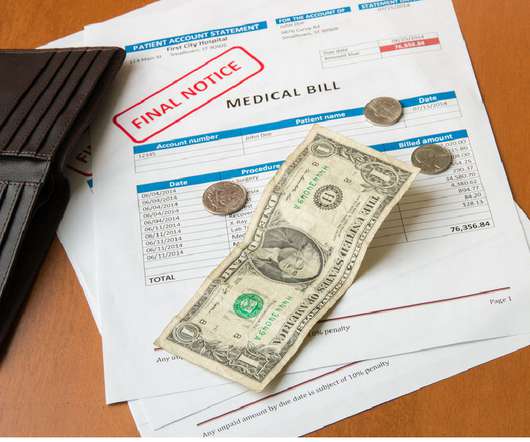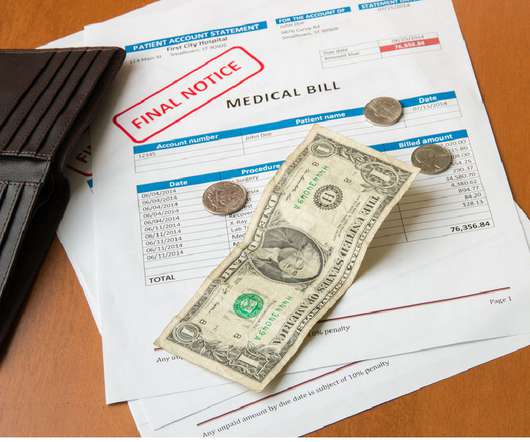Questions to Ask a Chapter 7 Bankruptcy Lawyer Before Filing for Bankruptcy
Sawin & Shea
MARCH 7, 2023
Are you wondering how to file bankruptcy Chapter 7? Or if filing for bankruptcy is right for you? If you’re struggling with debt and considering bankruptcy, speaking with a bankruptcy lawyer can help you determine your best options and give you some clarity on how the process works. We’re here to help.



















Let's personalize your content